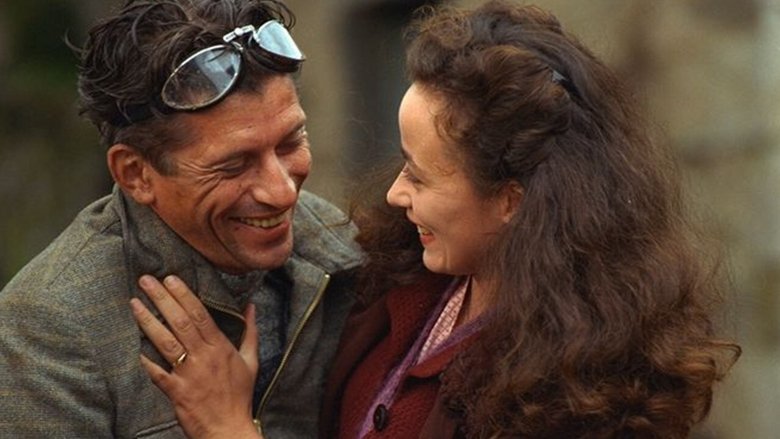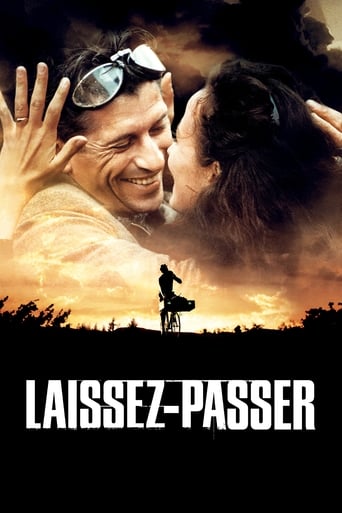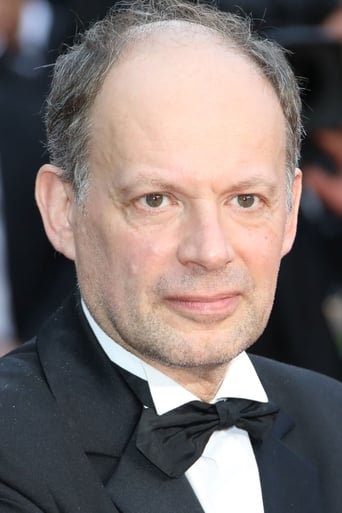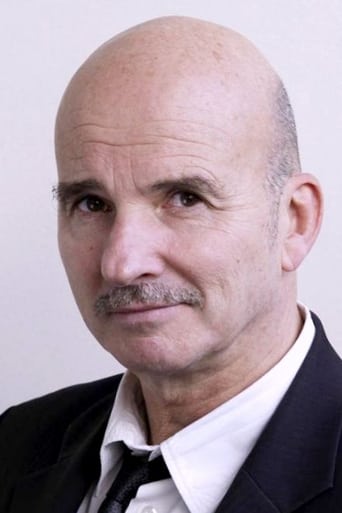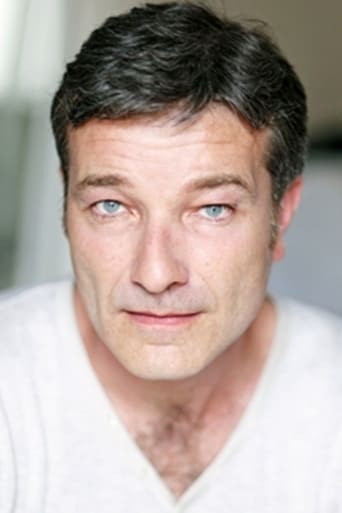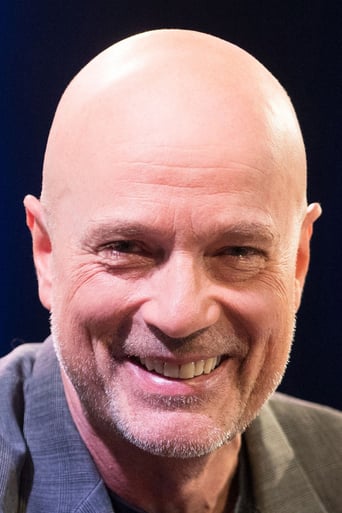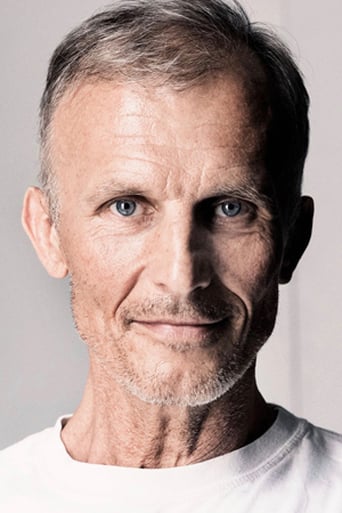The film is about the French film industry from 1942 to 1944 during the Nazi occupation. The film focuses on assistant director and resistance fighter Jean Devaivre and screenwriter Jean Aurenche. Aurenche is on the move so that he doesn't have to write anything collaborationist. Devaivre is in dangerous political activity. Devaivre also works for the German production company Continental where he is respected. On the other hand, Aurenche's scriptwriting doesn't help how he lives and he is a womanizer which causes him to procrastinate.
You May Also Like
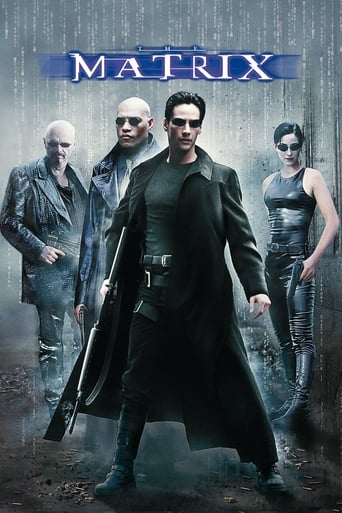


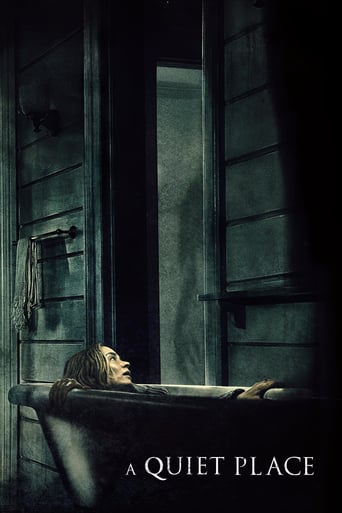

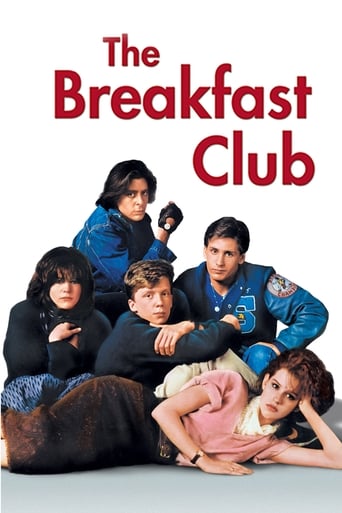
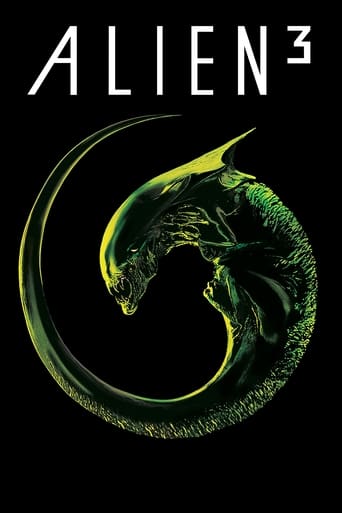
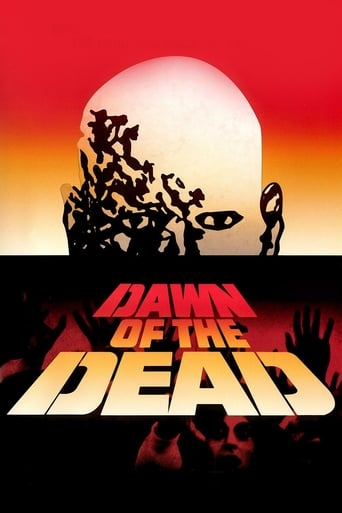
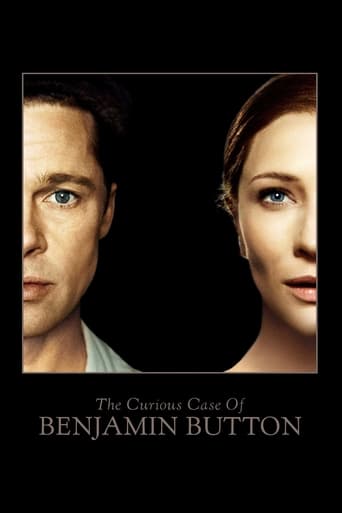
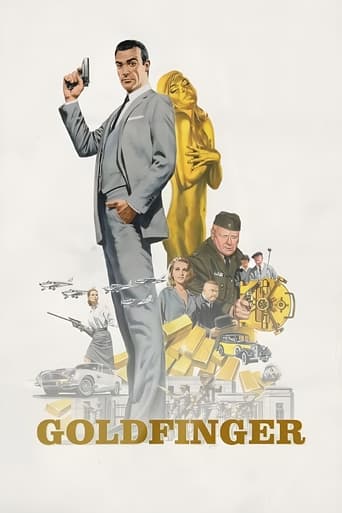
Reviews
Tied for the best movie I have ever seen
Thanks for the memories!
Don't listen to the Hype. It's awful
Brilliant and touching
This is a film directed by Bertrand Tavernier. I loved his film IT ALL STARTS TODAY, and I was quite impressed by this one as well. However, be forewarned that this film will not be for all tastes. If you are French or have a good knowledge of French cinema, then you'll no doubt enjoy this film. Otherwise, you may find yourself very confused and bored, as the movie is 163 minutes long. I enjoyed it though, because they made reference to many films, directors and actors who worked under this system whose work I have seen (such as Clouzot and his film THE RAVEN and the Swiss actor Michel Simon).The film concerns the French film industry during the Nazi occupation. Despite the Germans running things, they did allow the French to continue making films--so long as they didn't violate Nazi sensibilities. After the war, some of these people who continued making films were sharply criticized as collaborators. This film focuses on two people in the business and illustrated that there were many different motivations for working in the film industry at this time. Some simply had no choice (work or die), some needed jobs, some gladly embraced evil and some worked in the film business while actively fighting the Nazis. The two men are a very busy writer and an assistant director. The writer (Jean Aurenche) has a very shallow, if not non-existent moral compass, as he is most concerned with sexual conquests and not "rocking the boat". The assistant director (Jean-Devaivre), in sharp contrast, is a loving family man who also works with the Resistance and takes great risks for what he knows is right.The writing, directing and acting are all first-rate and it was an excellent film--especially from a historical standpoint. By the way, the two main characters were real figures in the film industry. In fact, Jean-Devaivre wrote the book on which the movie is based.
Albeit a lengthy film, Laissez-passer (aka Safe Conduct) is indeed a beautiful film that significantly shows a crucial time and history of WWII. While most films that we watch dealing with war and battles happen between troops with artillery flying everywhere, there are not many that devote themselves to the unsung battles. Laissez-passer takes a chance and tells two detailed stories of men that were willing to give up their lives for not just their country, but also their own personal beliefs. In this film we follow two members of the French film community as they decide for themselves how they will help their country survive this terrible nightmare.Outside of the opening sequence, there are little to no explosions in this film causing us to look beyond our normal images of war and see a more personal battle. The Germans were deeply rooted in their propaganda and used the French cinema to aid in their attempts to spread messages to all. Laissez-passer devotes its time to this film community's struggle to stay alive and fight for what they believe in. It is a heroic tale of personal endurance and passion. I am a huge film buff, and whenever possible I love learning more about other countries history of film. This film allowed me to see a war torn community pull together and keep a film dream alive. It is due to these persistent people that we can now enjoy French cinema today. Without them, it would have died during this era.What made this film stand out above any other were the characters. While I felt that Aurenche could have been developed a bit stronger and given more to contribute to the film (outside of just being a ladies man), it was Devaivre that I couldn't keep my eyes off. His story was so strong and important that I found myself rooting for him at any possible chance. Jacques Gamblin gives his character so much passion and power that at times you believe him to be this almost a superhero of the war. The ability to cycle several hundred miles, the ability to fight a cold as well as be a revolutionist, and on top of that juggle a full time job as an Assistant Director of a studio completely controlled by the enemy. Wow. I was completely blown away with how Gamblin controlled this already complex character. While I think others would have delivered a very jumbled mess of a man, Gamblin instead dove deeper and delivered one of the best performances of 2002. His ability to remain calm in the face of terror as well as be 100% devoted to his country was outstanding. When you think of humans and their ability to muster the courage to continue, he is a prime example. Overall, these two characters did carry this film on their shoulders. They showed two elements of wartime in the film industry. One showed the fighter, while the other was the lover. An interesting take on the two types of heroes, I just wish Aurenche would have been given more screen time. I wanted to know more about his character.Outside of the characters, you have a very strong story written by Jean Cosmos and Devaivre himself recollecting his story during this time. Adapting from his story allows us to feel more comfortable with the events and see them as truth instead of fiction. It allows us to see the struggles of the characters, instead of thinking that it is just Hollywood drama inserted into overwhelming events. I also enjoyed the fact that this was not a film riddled with explosions and the Rambo-esquire hero. The ability that director Bertrand Tavernier had to keep this film focused on the characters and the humanity of the situation was outstanding. He gave WWII a human feel from outside of the American perspective. He showed us what the world was like during this time while even showing some political satire of the lack of respect that the British had for the citizen soldier of France. Tavernier successfully gives the audience both a strong feeling of the war as well as a very insightful view of cinema in France during this time. I learned so much about what the French had to do for the Germans that it felt like a film history class. It was a refreshing and scary realization on a community that here in America we regard as indestructible. It only continued to show how war could hurt and infect even the most powerful of behemoths.Overall, I was very impressed with this film. While there were some jagged moments with the characters (more development would have been nice), I felt that the overall message and themes came through crystal clear. Tavernier brought the horror of this era out and showed the world that France fought with just as much passion and dedication as the rest of those involved. It is a dark chapter in France's history that was beautifully told by Tavernier.Grade: **** out of *****
Far and away the best of the recent spate of WW11 movies from France this is also the only one to have played in England. It is inevitable that an Englishman living in a country that was never occupied and with no real first-hand knowledge of WW11 will look at this - or any film on the same subject - with different eyes from a French viewer, especially a French viewer whose memories encompass the years in question. For me, an Englishman, who loves craftsmanship, be it French, Italian, English or American, and has only contempt for the infamous essay in which Truffaut attacked the values personified by, among others, scriptwriter Jean Aurenche, who is a character in this film, and Tavernier, who made the film, a great deal of the pleasure was in Tavernier's defence of Aurenche and the 'well-made' school of filmmaking, but over and above that what we have is almost three hourse of superb storytelling and an evocation of a turbulent time. Denis Polyades (currently on French screens in a tasty remake of The Yellow Room Mystery (Le Mystere de la chambre jaune) is excellent as Aurenche although of course I never knew Aurenche other than via his great screenplays but Tavernier did know him and so presumably guided Polyades to a true portrait. French film buffs will be well versed in the period when 'Contintental' films was active under German control and will, theoretically, share my fascination in any light from whatever quarter that can be shed on it. I saw this movie initially in a small Paris Art House where it played after its initial release and, not unexpectedly in the Latin Quartier and just down the block from the Sorbonne, there were several students in the audience - for that matter out of, at a guess, 120-150 patrons about two thirds of them were under 50 and, by definition, could have no first-hand knowledge of wartime Paris - yet the film was greeted with respect and applause. I subsequently saw it in London, subtitled and with, presumably, a predominently English audience, and it was greeted much the same way.I accept that not everyone takes the view that I do, namely, that movies, like plays, novels, or any creative form, benefit from craftsmanship and professionalism, equally not everyone will despise the Truffauts of this world who thrive on iconaclism for its own sake - ironically, as I've remarked elsewhere, Truffaut eventually began to turn out exactly the same kind of well-crafted movie on which he had poured so much vitriol - but for like-minded film buffs there is so much to delight in when master craftsmen like Tavernier (and, to a lesser ambitious extent, Francis Werber, who is single-handedly filling the void left by Billy Wilder) unveil a new film.
I know I must resist the temptation to comment other reviews, so I'll let the title of mine shows what lead me to react. This Tavernier's opus is one of his most achieved work. The French filmmaker (and historian and archivist of cinema) is doing a revision, for sure, and breaking some codes of the reigning (and ageing) French political correctness ; besides, it doesn't make his movie a rehabilitation of the "régime de Vichy", neither Tavernier a glorifyer of French fascism. The film is simply pointing some facts that have been seldom told about filmmaking during the German occupation of France (from June 1940 to summer 1944). Tavernier talks about passion for filmmaking and reluctance to work under German or fascist rules, about need to stay a professionnal and despair to be endangered by a war still going on and Gestapo of Milice sending their murderers even in the studios. Furthermore, Tavernier talks about the role and place of the Communist party (joining French resistance after June 41...), a place which is rarely evoked in its most unpleasant aspects, usually. Let's remember that Clouzot's "le Corbeau" was tagged a collaborationnist film, and subsequantly his author blacklisted for a year, only because HG Clouzot didn't support the Communist party linked "Comité d'épuration" in the end of 1944. This is also of what "laissez-passer" is dealling with. Of a very classic form, excellently acted, this movie has the considerable merit of revisiting a period which is remembered as well as one of the darkest in French political and social history, and paradoxically as one of the most brilliant in French cinema history. A last word on Tavernier's conceptions of social duties for an intellectual : most of his works are giving the point of view of people having to deal with real life and what they understand as their duty ; those people are shown in fictions (the policeman in "L 627", the best ever made movie on police work ; the teacher in "une semaine de vacances") or documentaries ("la guerre sans nom"). Tavernier give them a right to free speach which makes his movies sort of manifestos in defense of the Republic and democracy. For this too, he'll be remembered, as he'll be honoured for his positions (by political means or by filmmaking, as "double peine") to support immigrant workers.
Top Streaming Movies











